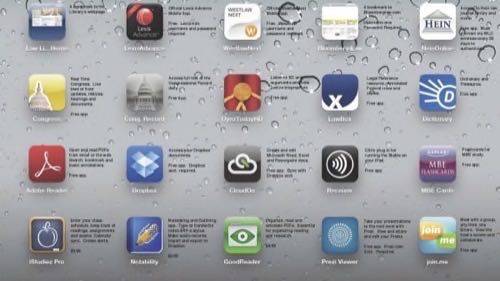
More than half of middle and high school students carry smart phones, and the numbers are even higher among college students. Lots of apps promise to help students cram for exams and boost their grades. Read on for our pick of the app that jumps to the head of the class.
We dove into study apps and found that most are not free, but price isn’t always equal to usefulness. The ones we reviewed averaged about $5, but we ran across one that was $30. Sadly, too many were nothing more than scheduling, organizing and prioritizing apps, with little or no thought about the unique demands that students face.
Those apps that were focused on study skills tended to be age- or grade-specific, which is fine if you want to buy study apps every year. We were looking for an easy flashcard app that is more of a platform. That way, the students can pour the grade-specific content each year into the app. That’s cost-effective and gives the software only one task — help students study.
There are plenty of great education apps. We particularly liked Flashcards Deluxe and Evernote’s effort to integrate flashcard functionality into its popular note-taking platform with Evernote Peek. We also liked AnkiMobile’s ability to include images on flashcards, but that sells for $29.99, which we deemed beyond the budget a lot of students.
Our Recommendation: StudyBlue
StudyBlue combines all of the things we liked in the apps mentioned above and it’s free (there is a premium version, but most students can probably get by with the basic app). StudyBlue makes it easy to put class notes, online textbook content and even Evernote materials into flashcards. StudyBlue’s free mobile app also lets students put flashcards on their smartphones.

And of all the apps we reviewed, none were as adept with social as StudyBlue. Students (13 years and up, according to Facebook rules, of course) can use the app to share flashcards via Facebook. There, they can even pick up flashcards created in years past.











